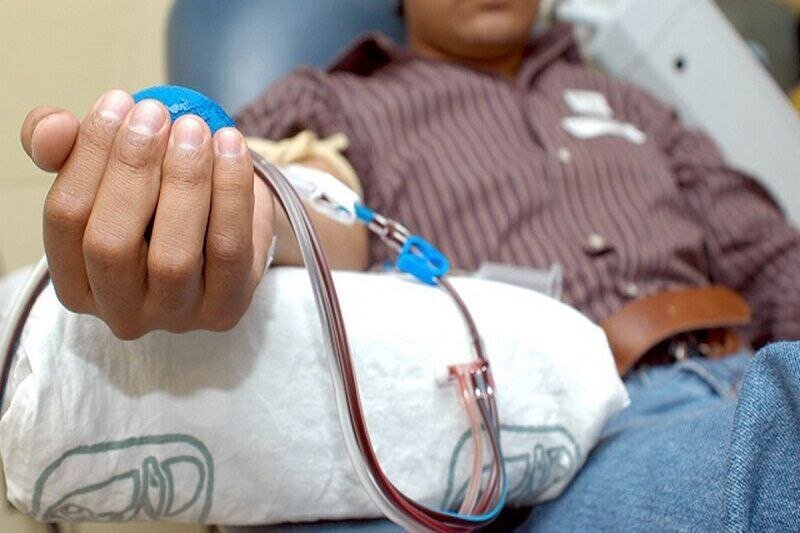‘Support for hemophilia’ week to be observed

TEHRAN – The national week to support individuals with hemophilia will be held from July 23 to 29.
Hemophilia is usually an inherited bleeding disorder in which the blood does not clot properly, and it mostly affects males. It is estimated to occur in about 1 of every 5,000 male births. People with hemophilia have low levels of proteins called clotting factors that help to stop bleeding.
The disease can result in spontaneous bleeding within joints, leading to chronic joint disease and pain, bleeding in the skin, head, and brain, which can cause seizures and paralysis.
It can also lead to excessive bleeding following injuries or surgery. Death can occur if the bleeding cannot be stopped or if it occurs in a vital organ such as the brain.
The days of the week will be centered around the following themes.
Wednesday, July 23, Hemophilia and bleeding disorders in women and girls
Thursday, July 24, Hemophilia and physiotherapy
Friday, July 25, Hemophilia, exercise, and happiness
Saturday, July 26, Hemophilia and education
Sunday, July 27, Hemophilia and demands
Monday, July 28, Hemophilia and preventing birth defects
Tuesday, July 29, Hemophilia and success
Over the past Iranian calendar year, which ended on March 20, a total of 26 patients (aged 9 to 50) with hemophilia lost their lives from a lack of medicines caused by sanctions, according to the chairman of the board of the Iranian Hemophilia Society.
The Food and Drug Administration (FDA) must do its best to fairly distribute the medicines needed by the patients, IRNA quoted Amin Afshar as saying.
The official made the remarks on April 23, on the occasion of World Hemophilia Day, which is observed on April 17 annually.
The official went on to say that some 14,000 hemophilia patients are registered in the country now. Lack of medicine for factor 8 and factor 9 hemophilia is quite evident in the country, which risks the lives of the patients.
Apart from the shortage of drugs, there are some problems in the distribution system due to a lack of careful monitoring. So, the medicines are not fully and adequately available to hemophilia patients, which results in acute problems, including disability, he noted.
World Hemophilia Day aims to promote the importance of taking coordinated and concerted actions to achieve the World Federation of Hemophilia (WFH) vision of ‘treatment for all’, draw attention to the key issues, and put hemophilia and bleeding disorders in the spotlight.
This year’s theme was “Access for all: Women and girls bleed too”. Today, women and girls with bleeding disorders (WGBDs) are still underdiagnosed and underserved. The global bleeding disorders community has the power—and the responsibility—to change this. Through recognition, diagnosis, treatment, and care, the quality of life of women and girls will improve, and the bleeding disorders community will become stronger.
MT/MG
Leave a Comment